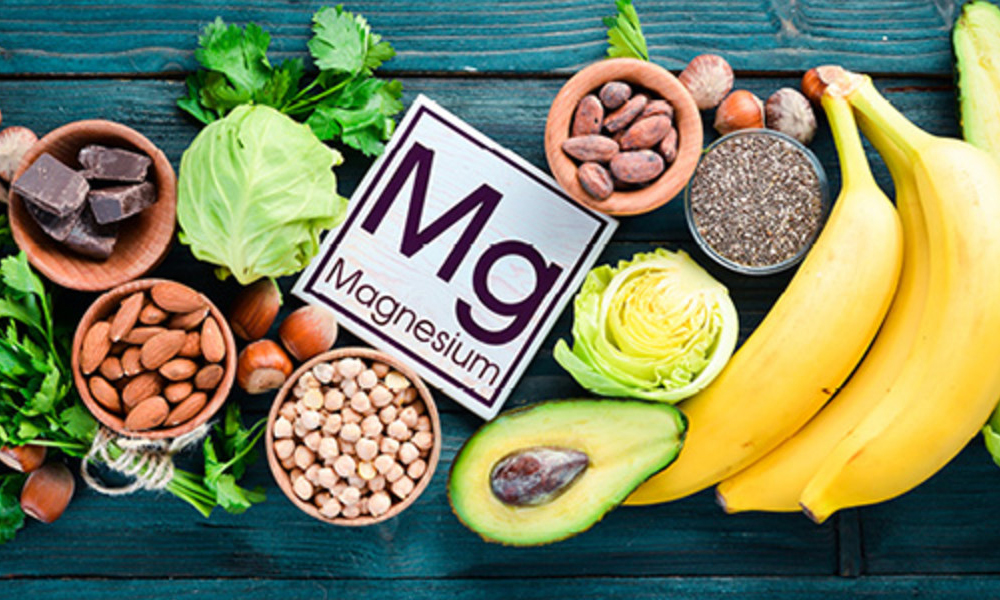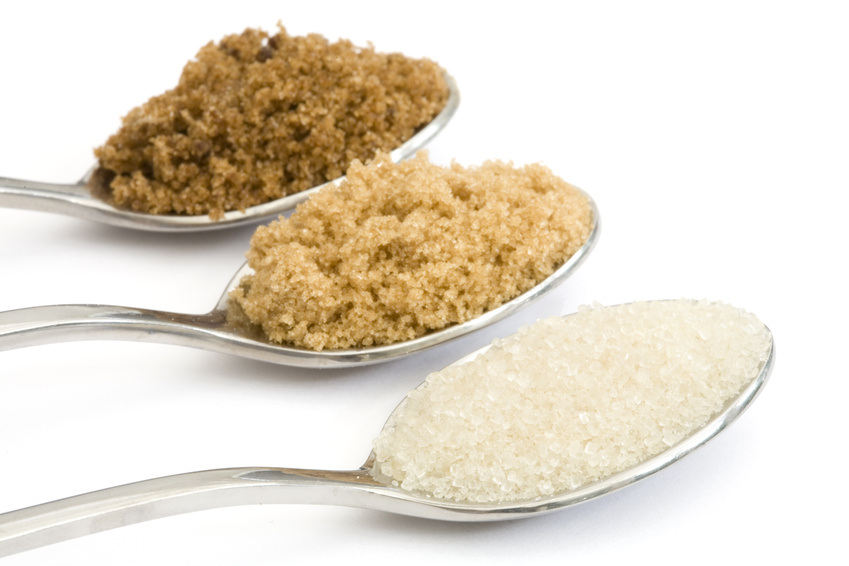Your Sugar IQ? (Answers included)
- How many teaspoons of sugar does the average American eat and drink every day? 5 11 17 22 Answer: 22
Talk about a sweet tooth. We eat and drink 20 teaspoons — or almost half a cup — of added sugar each day. That’s way more than the American Heart Association recommends: 6 teaspoons per day for women and 9 for men. Our sweets add up: The average American eats about 152 pounds of sugar in just one year. Added sugars include all kinds of sugars and syrups that are put in a product during processing to make it taste better. They have little nutritional value other than giving you extra calories.
- Which of these sweeteners comes from a plant?
Brown sugar Honey Stevia Molasses
Answer: Stevia
Stevia sweeteners are made from the leaf of the stevia plant. They can be as much as 300 times sweeter than regular sugar but have zero calories. For a sweetener, stevia often can have a bitter aftertaste. Because the stevia leaf must be processed to make the sweetener, some question whether stevia really can be called all natural.
- On food labels, the amount of sugar is listed in grams. What’s 1 gram of sugar?
1/4 teaspoon 1 Tablespoon ½ cup 2 Teaspoons
Answer: 1/4 teaspoon
Think about a teaspoon of sugar. That’s what about 4 grams of sugar looks like. A 12-ounce can of regular cola has about 39 grams — or 9 teaspoons — of sugar! Want a low-sugar option? Add only a teaspoon of sugar to iced tea and that’s only 4 grams of sugar or unsweetened tea for zero sugar.
- You’re born with a sweet tooth. True False Not Sure
Answer: True
Humans are hardwired to prefer sweet from birth. Sugars are a type of carbohydrate. When we eat carbs, they stimulate the release of the feel-good brain chemical serotonin. Most brain cells are influenced in some way by serotonin. This includes brain cells related to mood, sexual function, sleep, memory and learning, and appetite. No wonder sweet things make us feel so good.
- Where do added sugars often hide?
Fruit drinks/juices/soda Sports /Energy Drinks Cereals All
Answer: All of the above
Soda, fruit drinks and juices, sports drinks, energy drinks, and other sugar-sweetened beverages are the No. 1 source of added sugar in American diets. A recent study found that drinking one or two sugary drinks a day raises the risk of type 2 diabetes by 26% compared with those who limit sweet drinks to just one a month. But sugar alone isn’t to blame for diabetes. Diets that are high in calories from any source, like sugar or fat, lead to weight gain — and being overweight raises your chance of type 2 diabetes.
- Why is high-fructose corn syrup in so many foods?
Cheaper than sugar Easily blends into foods Has long shelf life All
Answer: All
High-fructose corn syrup, which is processed from corn, is chemically and nutritionally almost identical to table sugar (that is to say, not very nutritious). Both are made up of fructose and glucose and have similar calories. But corn syrup is a lot cheaper to make than sugar. Another reason high-fructose corn syrup is used in so many packaged foods and drinks is because, as a syrup, it can easily be blended into their formulations.
- When grocery shopping, probably the best way to avoid foods with added sugar is:
Shop the store’s perimeter Get the packaged items on sale for the week
Answer: Shop the store’s perimeter
The outside walls of a supermarket tend to be where staples are stocked. That’s so shoppers have to move through the entire store to get to necessities like produce, milk, eggs, breads, meats, and fish — which also happen to be the basis of a healthy diet that’s low in added sugars.
- Which of these is table sugar? Sucrose Lactose Sucralose
Answer: Sucrose
Each “ose” indicates some type of sugar. But sucrose is the sugar found in the greatest concentration in sugarcane (a type of tall grass) and sugar beets (a root). And that’s where our table sugar comes from. Lactose is the natural sugar in milk. Sucralose is an artificial sweetener.
- Saccharin is still used today. True False Not Sure
Answer: True
The artificial sweetener — which is 200 to 700 times sweeter than regular table sugar — was once linked to bladder cancer in rats. But in 2000, the U.S. government removed saccharin from its list of potential cancer-causing agents in people.
- If you’re trying to avoid added sugars, which ingredient should you watch for on food labels?
Honey Fruit Juice Concentrate Corn/ Cane/Agave/Malt Syrup All
Answer: All of the above
It’s easy to think that you can just skip packaged foods and drinks and you’ll avoid added sugars. But you can also find them in sweeteners you might use for cooking and baking — like honey, fruit juice concentrate, and brown sugar.
- Which country leads the world in sugar production?
Canada Brazil United States China
Answer: Brazil
Brazil is the top sugar producer in the world. Most of its harvest goes to more than 100 other countries. The United States ranks 9th when it comes to producing sugar.
- Eating too much sugar can cause diabetes. False True Not Sure
Answer: False
Type 1 diabetes is genetic and triggered by unknown causes. Type 2 diabetes is caused by genetics and lifestyle factors, but not sugar specifically. However, being overweight and eating a high-calorie diet — which often includes a lot of added sugar — can raise your risk of developing type 2 diabetes.
Rosenfeld Wellness Center
Iris Rosenfeld, DC
23121 Plaza Pointe Dr Suite 150 Laguna Hills, Ca 92653
949-380-7215
[email protected] www.driris.com







